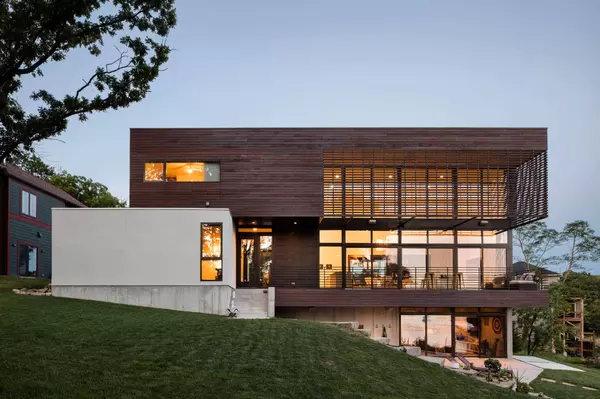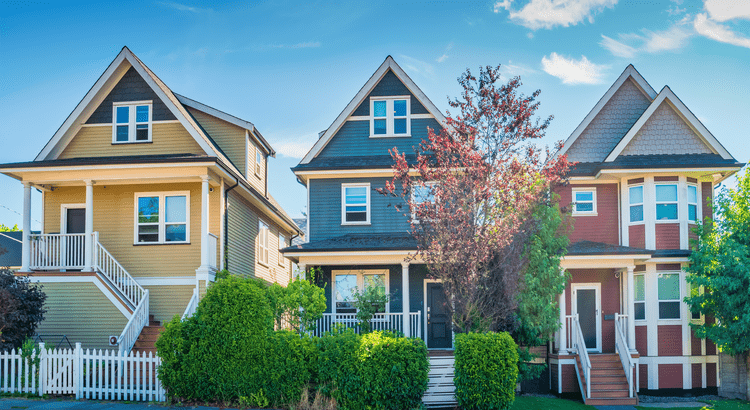
What are the best strategies for securing a low mortgage rate in Atlanta?
Here are the best strategies for securing a low mortgage rate in Atlanta: Improve your credit score: A higher credit score can help you qualify for better interest rates. Focus on paying bills on time and reducing overall debt. Reduce your debt-to-income ratio: Lenders prefer borrowers with lower

How do current mortgage rates affect home buying in Atlanta?
Current mortgage rates are significantly impacting home buying in Atlanta in several ways: Affordability challenges: Higher mortgage rates have reduced affordability for many potential buyers in Atlanta. As of July 2024, mortgage rates in Georgia are around 6-7% for a 30-year fixed mortgage. These

How does the current Atlanta housing market compare to last year?
Based on the latest data, here's how the current Atlanta housing market compares to last year: Home Prices: The median home price in Atlanta is $419,936 as of June 2024, up 4.9% from $400,200 in June 2023. The average home value is $399,879, representing a 2% year-over-year increase. Sales Volume
Categories
Recent Posts











